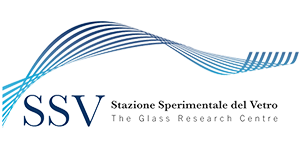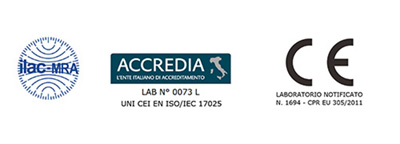The production of glass, and in particular the melting of the vitrifiable batch, are energy-intensive processes, which are currently associated with significant CO2 emissions, both related to the calcination of some of the raw materials (sodium, calcium and magnesium carbonates), and to the combustion of natural gas and/or oil as energy carriers.
The policies adopted at European and Worldwide level to combat climate change and global warming impose to all industrial sectors, including glass production, an ambitious roadmap of progressive reduction of greenhouse gas emissions, and in particular of CO2.
In this regard, for the glass industry there are two main scenarios, both technically and technologically challenging: the conversion of fuel-burning furnaces into all-electric furnaces, or the replacement of natural gas and other fossil fuels with biofuel or Green Hydrogen (obtained by electrolysis).
It is in this second line of research that Stazione Sperimentale del Vetro is taking part, together with a team of leading companies in the sector, in a project called DIVINA: “Decarbonization of the Glass Industry: Hydrogen and New Designs”, aimed at studying the effects of mixing increasing percentages of hydrogen with natural gas.
In particular, the study will initially focus on the effects and compatibility of the combustion of small percentages of hydrogen (e.g. 10% H2) in mixture with natural gas in existing melting furnaces, and subsequently on the development and testing in real industrial production contexts of modular and innovative technological solutions dedicated to the optimization of the combustion of more H2-rich mixtures (e.g. 30% H2).
The all-Italian team of partners involved in the project is representative of the entire supply chain, as it involves specialists in the energy sector, top-level glassmakers, players in the field of production and transport of fuel, leading companies in the certification and integration of complex systems, companies that design glass melting furnaces and university and research centers.
At the following link you can download the press release about the project and the companies involved in it: DIVINA Project Press Release

